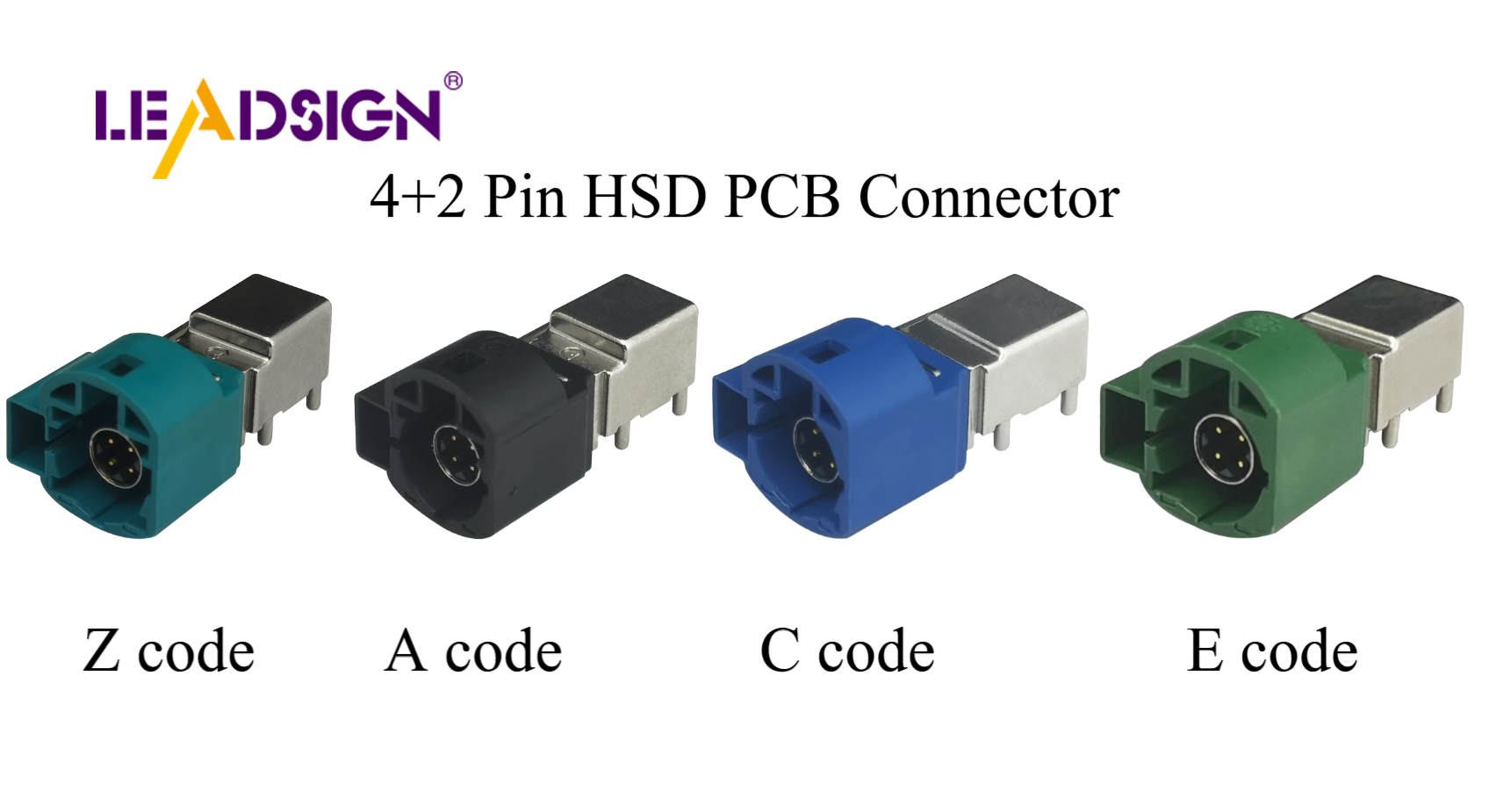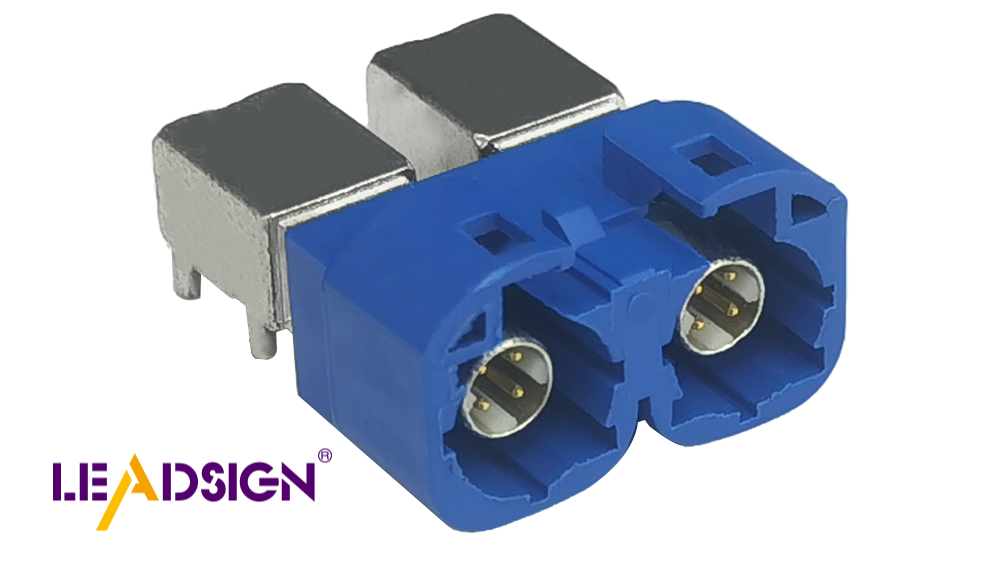Debunking Myths: Best Wiring Connector Types Revealed

Choosing the right wiring connector types is crucial for ensuring the safety and efficiency of your electrical systems. Many people assume that all connectors are the same, but this is a misconception. Each type of connector serves a specific purpose. For instance, having more pins in a connector can lead to increased complications. Factors such as environmental conditions and frequency of use also play significant roles. Understanding these aspects aids in making informed choices, preventing issues, and enhancing overall performance.
Key Takeaways
Not all wiring connectors are the same; each type serves a specific purpose, so choose wisely to ensure safety and reliability.
Price does not always equate to quality; assess connectors based on your specific needs rather than their cost to avoid potential hazards.
Many connectors are user-friendly and suitable for beginners, making it easier for anyone to handle wiring projects confidently.
Understanding the different types of connectors, such as butt, wire nuts, and push-in connectors, helps you select the right one for your project.
Using the appropriate connector can prevent issues like loose connections, which can lead to electrical failures or safety risks.
Familiarize yourself with the applications of various connectors to enhance the performance and longevity of your electrical systems.
Choosing the right connector not only improves functionality but also contributes to the overall safety of your wiring projects.
Common Myths About Wiring Connectors
Myth 1: All Connectors Are the Same
Some think all wiring connectors are alike, but they aren't. Each connector has a special job and is made for certain uses. For example, butt connectors join two wires end-to-end. Push-in connectors are best for solid wires. Picking the right connector keeps your electrical systems safe and reliable. Connectors are like the backbone of any wiring project. They give the needed support and connection.
Myth 2: More Expensive Means Better Quality
You might believe a higher price means better quality, but not always. The cost of a connector depends on its material, brand, and features. Some pricey connectors have advanced features. Many cheap ones work well for regular uses. It's important to check if the connector fits your needs, not just its price. This helps avoid electrical fires, equipment damage, and injuries.
Myth 3: Connectors Are Only for Professionals
Some think only experts can use connectors well. But many connectors are easy for beginners too. For example, push-in connectors make quick, secure connections without special tools. Knowing about connectors and their uses helps you handle wiring projects. This knowledge helps you keep a reliable electrical system at home or work.
Types of Wiring Connectors and Their Uses
Knowing different wiring connectors helps you pick the right one. Each type has its own job and benefits. Let's look at some common connectors and how they are used.
Butt Connectors
Why Use Butt Connectors
Butt connectors are simple and work well. They connect two wires end-to-end safely. These connectors can be insulated or not, so they fit different places. Butt connectors are strong and easy to use.
Where to Use Butt Connectors
Butt connectors are great for car wires. They fit well in tight spaces in vehicles. They also work in boats and factories, giving strong connections in tough spots.
Wire Nuts
Why Use Wire Nuts
Wire nuts are easy and work great. They twist onto wire ends to connect them safely. You can use them again and they come in many sizes for different wires. Wire nuts are cheap and useful for many projects.
Where to Use Wire Nuts
Wire nuts are good for home wiring. Use them in lights, switches, and plugs. They also work in phone systems, keeping connections steady.
Terminal Blocks
Why Use Terminal Blocks
Terminal blocks keep wires neat and tidy. They have screws to hold wires tight. They are easy to set up and fix, so they are liked in factories.
Where to Use Terminal Blocks
You find terminal blocks in factory machines. They are great for control panels and robots. They also work in medical tools, giving safe connections.
Push-in Connectors
Why Use Push-in Connectors
Push-in connectors are easy to use. They connect wires fast and safely. You don't need special tools. This makes them great for everyone, even beginners. They work well with solid wires. This keeps connections strong and steady. Their design stops wires from coming loose. Loose wires can cause problems.
Where to Use Push-in Connectors
Use push-in connectors in home wiring. They are good for lights and outlets. They also work in communication systems. Quick connections are important there. You can use them in cars too. They help with car wiring. Push-in connectors make wiring easy and safe.
Crimp Connectors
Why Use Crimp Connectors
Crimp connectors are strong and last long. They hold wires tight by squeezing them. This makes them good for places with lots of movement. Factories use them a lot. Crimp connectors come in different shapes. Each shape has a special job.
Where to Use Crimp Connectors
Crimp connectors are used in cars. They keep wires connected in moving vehicles. The military uses them too. They need strong connections. Robots also use crimp connectors. They work well in busy places. Crimp connectors are tough and useful.
Ethernet Connectors
Why Use Ethernet Connectors
Ethernet connectors move data fast. They are used in networks. They help devices talk to each other. Ethernet connectors handle lots of data. They are good for homes and businesses. They are built to last, even in hard places.
Where to Use Ethernet Connectors
Ethernet connectors are found in many places. They are in home networks and big data centers. They help in transport systems too. Medical tools use them for data. They are key for fast data transfer. Ethernet connectors are needed in today's world.
Comparison Chart of Wiring Connectors

When picking a connector, a guide is helpful. This chart shows different connectors and their uses.
Quick Reference Guide
Butt Connectors
Features: Simple, can be insulated or not.
Applications: Good for car wires, fits in small spaces like cars and boats.
Wire Nuts
Features: Can be used again, come in many sizes.
Applications: Used at home for lights, switches, and plugs.
Terminal Blocks
Features: Keeps wires neat, easy to set up.
Applications: Used in machines and control panels.
Push-in Connectors
Features: No tools needed, holds wires tight.
Applications: Good for home wiring and phones.
Crimp Connectors
Features: Strong, handles movement well.
Applications: Used in cars and army gear.
Ethernet Connectors
Features: Moves data fast.
Applications: Needed for home and work networks.
Circular Connectors
Features: Many pins, strong.
Applications: Used for data in transport.
Features: Standardized by German group.
Applications: Used in sound and video systems.
Audio Connectors
Features: Links cables to sound gear.
Applications: Used for phones, mics, and speakers.
Coaxial Connectors
Features: Carries lots of info.
Applications: Used in home video setups.
Features: Fast data transfer.
Applications: Links computers and gadgets.
RCA Connectors
Features: Common in home stereos.
Applications: Used in audio-video systems.
Key Features and Applications
Knowing what each connector does helps you choose well. For example, automotive wire connectors like butt and crimp connectors are important in cars because they are strong and easy to use. Connectors for transportation, like circular ones, are good for moving data and power in tough spots. By knowing what each connector is best for, you can make sure your projects work well and are safe.
Picking the right wiring connector is very important. It keeps your projects safe and working well. There are many connectors, each with special uses. For example, USB connectors are easy to use. DIN connectors are made by German rules for many jobs. Knowing these helps you choose wisely. The right connector makes things work better and stops problems. Choosing well not only makes things work but also keeps them safe and steady.
FAQ
What are the different types of car wire connectors?
Car wire connectors have different types for special jobs. Common ones are butt, crimp, and push-in connectors. Butt connectors join wires end-to-end. Crimp connectors hold wires tight by squeezing them. Push-in connectors make quick connections without tools. Picking the right one keeps car wires safe and working well.
Are connectors only for experts?
No, connectors aren't just for experts. Many, like push-in connectors, are easy for beginners. They let you connect wires safely without special tools. Knowing how to use them helps with simple home or work projects.
Do pricier connectors mean better quality?
Not always. A connector's price often shows its materials and brand, not quality. Some cheap connectors work well for normal uses. It's important to choose based on needs, not just price, for safety and good performance.
How are military connectors different?
Military connectors are made for tough conditions. They are strong and reliable in hard places. These connectors use strong materials and locks to stay connected under stress. They meet the hard needs of military work.
Can I use connectors for testing?
Yes, connectors are key in testing. They help send data right and keep devices connected. Picking the right type is important for good measurements in science and industry.
Why is picking the right connector important?
Choosing the right connector is key for safety and work. Each type has a special job and place. Using the right one stops loose connections, which can cause problems or danger.
How do stories help understand connectors?
Stories show how connectors work in real life. They explain why certain connectors are used and their benefits. This helps you choose better by showing their roles in different places.
See Also
FAKRA Connectors Explained: Your Complete Reference Guide
Fakra Connectors: Essential Information on Types and Uses
Exploring Fakra Connectors: Benefits, Uses, and Setup Advice

